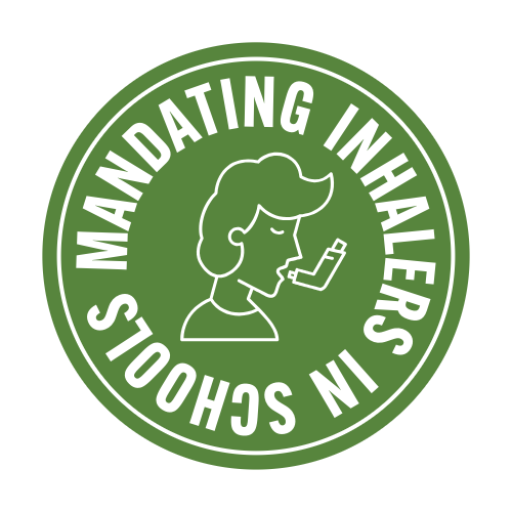The consequences of climate change extend far beyond rising temperatures. Increasing pollen counts, air pollution, and extreme weather events directly trigger and worsen allergies and asthma in children. By ensuring access to emergency medication in schools, we safeguard our children’s health and their ability to learn. Protecting the next generation from the preventable consequences of climate change is not just a moral imperative; it’s an investment in a healthier, brighter future for all.


The Importance of Asthma Advocacy
Asthma advocacy plays a crucial role in addressing this silent crisis. By raising awareness, promoting research, and advocating for policy changes, we can make significant strides in reducing the impact of asthma:
- Raising Awareness: Educating the public about the severity of asthma, its triggers, and available treatment options is vital for early diagnosis, effective management, and prevention of complications.
- Promoting Research: Continued research is essential for developing better medications, understanding the underlying causes of asthma, and identifying new approaches for prevention and treatment.
- Advocating for Policy Changes: Policy changes, such as improved access to healthcare, cleaner air initiatives, and support for asthma education programs, can create a healthier environment for individuals with asthma.
Focusing on Prevention and Management
While advocacy efforts are crucial, it’s equally important to focus on prevention and effective management of asthma. This includes:
- Early Diagnosis and Treatment: Prompt diagnosis and appropriate treatment are key to controlling asthma symptoms and preventing severe attacks.
- Asthma Action Plans: Developing personalized asthma action plans helps individuals and their families manage the condition effectively, recognizing triggers and knowing when to seek medical attention.
- Environmental Control: Minimizing exposure to triggers, such as allergens, pollutants, and irritants, can significantly reduce the frequency and severity of asthma symptoms.

